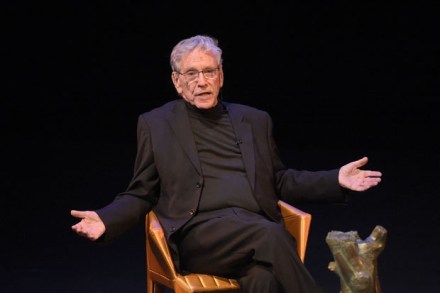Thinking of Israel
‘Here is a story from the winter days of the end of 1959 and the beginning of 1960,’ announces the opening sentence of Amos Oz’s challenging, complex and strangely compelling new novel. The story itself is easily summarised. At its centre is Shmuel Ash, a rather woebegone young man who abandons his university studies in




















